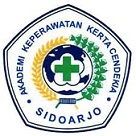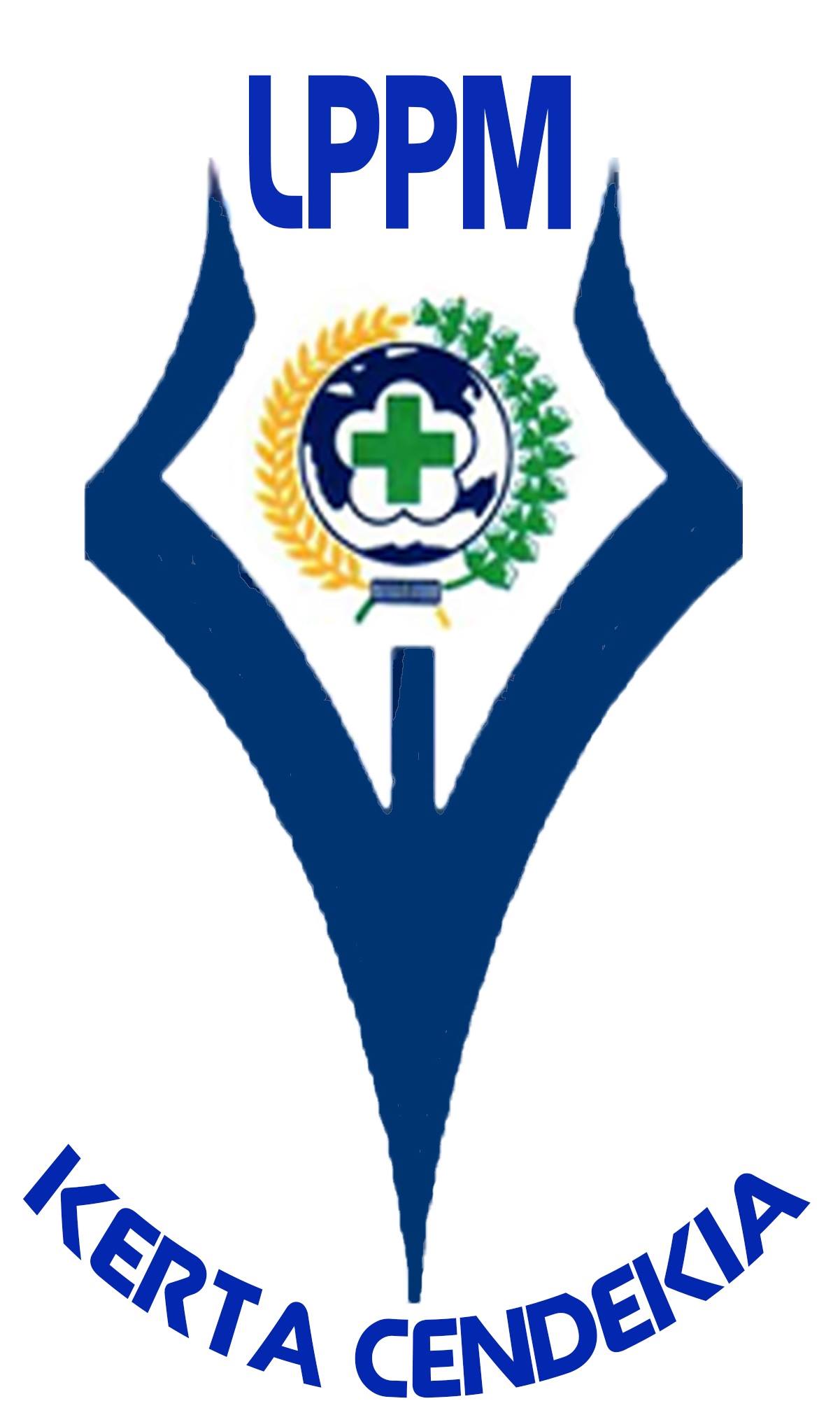Publication Ethics
Nurse and Health : Jurnal Keperawatan is a peer-reviewed journal to publish articles in the field of nursing science, research, and management. Nurse and Health : Jurnal Keperawatan committed to the ethical standards set for all entities involved in the publication of article.
To maintain high ethical standards of publication of quality science the publisher strives to work closely at all times with journal editors, authors and peer-reviewers. The ethics statement for Nurse and Health : Jurnal Keperawatan is based on those by the Committee on Publication Ethics (COPE) Code of Conduct guidelines available at www.publicationethics.org.
The work described in your article must have been carried out in accordance with The Code of Ethics of the World Medical Association (Declaration of Helsinki) for experiments involving humans and EC Directive 86/609/EEC for animal experiment.
The essentials of Nurse and Health : Jurnal Keperawatan publishing ethics for all groups involved in the publishing process are as follows:
Editors’ Responsibilities
- The editor of a journal holds a vital position taking important editorial decisions on all peer-reviewed submitted for publication.
- The editor should maintain the transparency of the academic research & record, preclude professional needs from cooperating ethical standards, and always be willing to publish retractions, rectifications, and erratum when required.
- The editor should assess manuscripts for their scientific quality and intellectual content, free from any sort of biased decisions based on discrimination of race, gender, geographical origin, or religion of the author(s). The editor should evaluate manuscripts objectively based on their academic merit free of any commercial or self-interests.
- The editor should not disclose any information on submitted manuscripts before publication of the manuscript.
- Promoting research rectitude must be preserved. If at any stage the publisher suspects any kind of misconduct in research, it should be investigated promptly in detail with suitable authority; and if any suspicious act of misconduct is observed in the peer review, it should be resolved with diligence.
Reviewers’ Responsibilities
- Providing a detailed, constructive, and unbiased evaluation in a timely manner on the scientific content of the work.
- Indicating whether the writing is relevant, concise & clear and evaluating the originality and scientific accuracy.
- Maintaining the confidentiality of the complete review process.
- Notifying the journal editor about any financial or personal conflict of interest and declining to review the manuscript when a possibility of such a conflict exists.
- Notifying the journal editor of any ethical concerns in their evaluation of submitted manuscripts; such as any violation of ethical treatment of animal or human subjects or any considerable similarity between the previously published article and any reviewed manuscript.
Authors’ Responsibilities
- All the work reported in the manuscript must be original and free from any kind of plagiarism.
- The work should not have been published elsewhere or submitted to any other journal(s) at the same time.
- Any potential conflict of interest must be clearly acknowledged.
- Proper acknowledgements to other work reported (individual/company/institution) must be given. Permission must be obtained from any content used from other sources.
- Only those who have made any substantial contribution to the interpretation or composition of the submitted work, should be listed as ‘Authors’. While other contributors should be mentioned as ‘co-authors’.
Publishers’ Responsibilities
- Nurse and Health : Jurnal Keperawatanis committed to work with journal editors, defining clearly their relevant roles, in order to ensure appropriate decisions regarding publication procedures and maintaining the transparency of editorial decisions.
- Nurse and Health : Jurnal Keperawatanensures the integrity autonomy and originality of each published article with respect to:
- publication and research fundings
- publication ethics and rectitude
- conflicts of interest
- confidentiality
- authorship
- article modifications
- timely publication of content.
Article Correction, Retraction, and Withdrawal Policy
NHJK operates the following policy for making corrections to the print and online versions of their peer-reviewed content.
Publishable amendments
That affect the publication record and/or the scientific accuracy of published information receive a DOI and are published in print and online in the journal. Four categories of amendments are relevant for peer-reviewed material: Erratum or Publisher Correction, Corrigendum or Author Correction, Retraction or Addendum. All four correction types are bi-directionally linked to the original published paper. Detailed information on each amendment category follows below.
Erratum or Publisher Correction
Notification of an important error made by the journal that affects the publication record or the scientific integrity of the paper, or the reputation of the authors or of the journal.
Corrigendum or Author Correction
Notification of an important error made by the author(s) that affects the publication record or the scientific integrity of the paper, or the reputation of the authors or the journal.
Retraction
Notification of invalid results that affect the reliability of a previously published article. The original article is marked as retracted but remains available to readers, and the retraction statement notifying readers of the invalidity of the published paper is bi-directionally linked to the original published paper.
Addendum
Notification of additional information about a paper. Addenda are published when the editors decide that the addendum is crucial to the reader's understanding of a significant part of the published contribution. Addenda include Editorial Expression of Concern, which is an editorial statement alerting our readership to serious concerns with the published paper. Editorial Expression of Concern are typically updated with another amendment once further information is available.
Editor's Note
An editor's note is a statement from editors notifying readers of issues related to the published paper. It is an online update made only to the HTML version of record of the published article. Editor's notes are typically updated with another amendment once further information is available.
Withdrawal Policy
Some authors request withdrawal of manuscript from the publication process after submission. Withdrawing manuscripts from publication wastes the valuable resources and tremendous amount of effort made in processing the manuscripts by the editors, reviewers and the editorial staff.
Submission of an article to NHJK implies that the work has NOT been published or submitted elsewhere; therefore, the journal is strongly against unethical withdrawal of an article from the publication process after submission. Once the article is submitted, the author grants the editorial board full publishing rights and it is the absolute right of the editorial board to decide on article withdrawals.
For genuine withdrawal, the corresponding author should submit a request which must be signed by all co-authors explaining the reason of withdrawing the manuscript. The request will be processed by the editorial board and only serious genuine reasons will be considered if possible. The decision of the editorial board will be final and not negotiable. If an author requests a withdrawal within 3 days of submission, the author is allowed to withdraw the manuscript without paying any withdrawal fee; however, if the author withdraws the manuscript any time after review and acceptance, a withdrawal fee of $20 will have to be paid.








